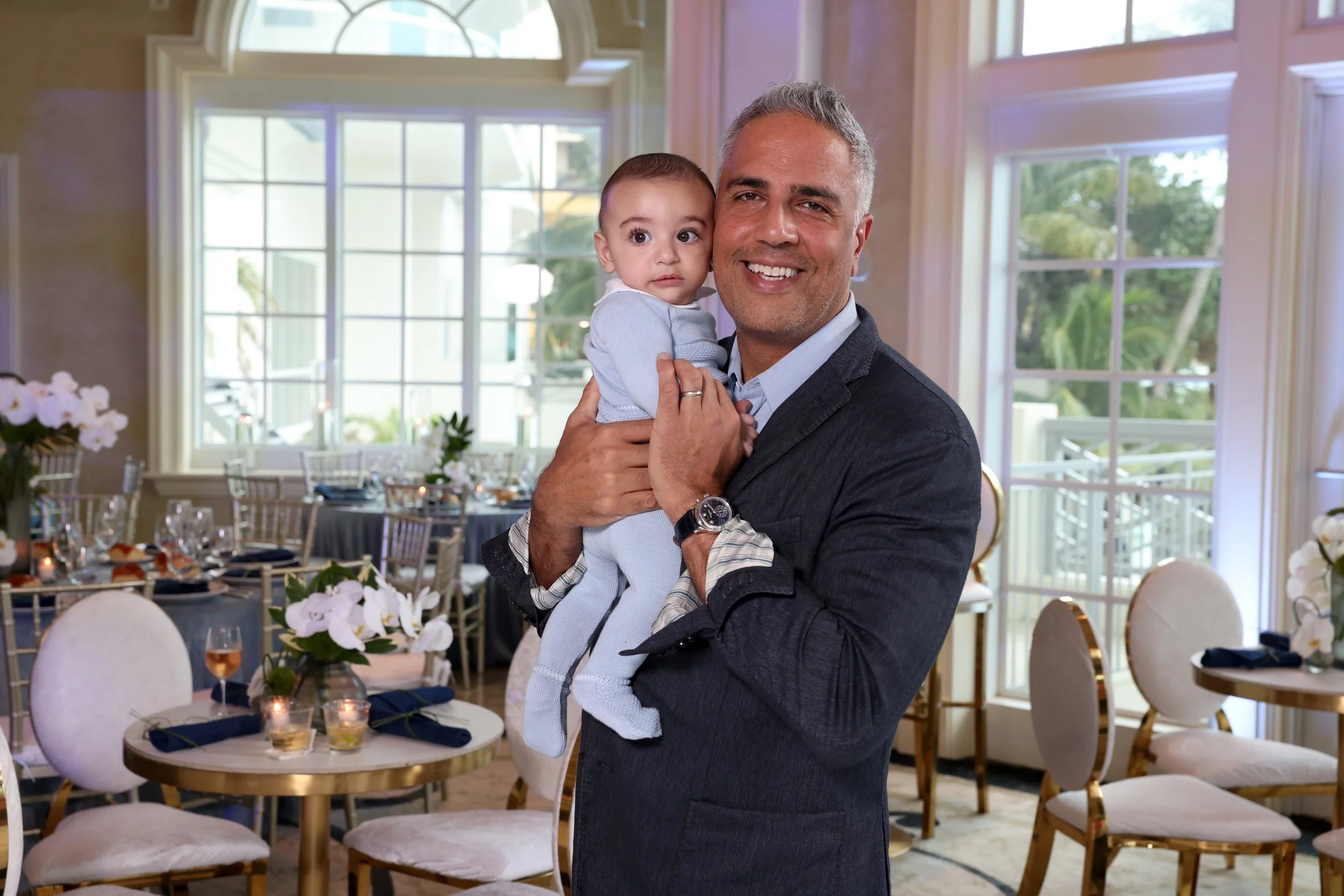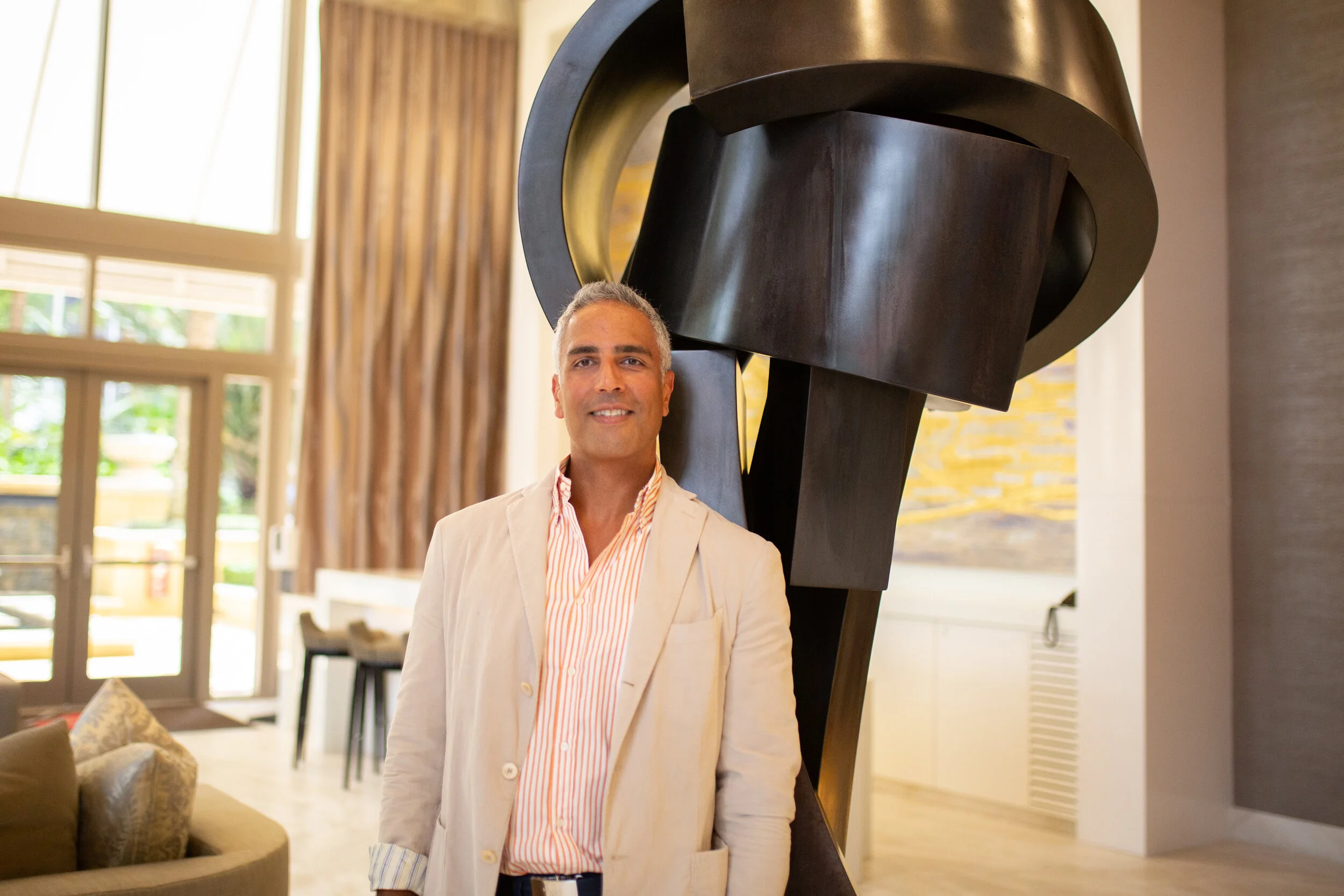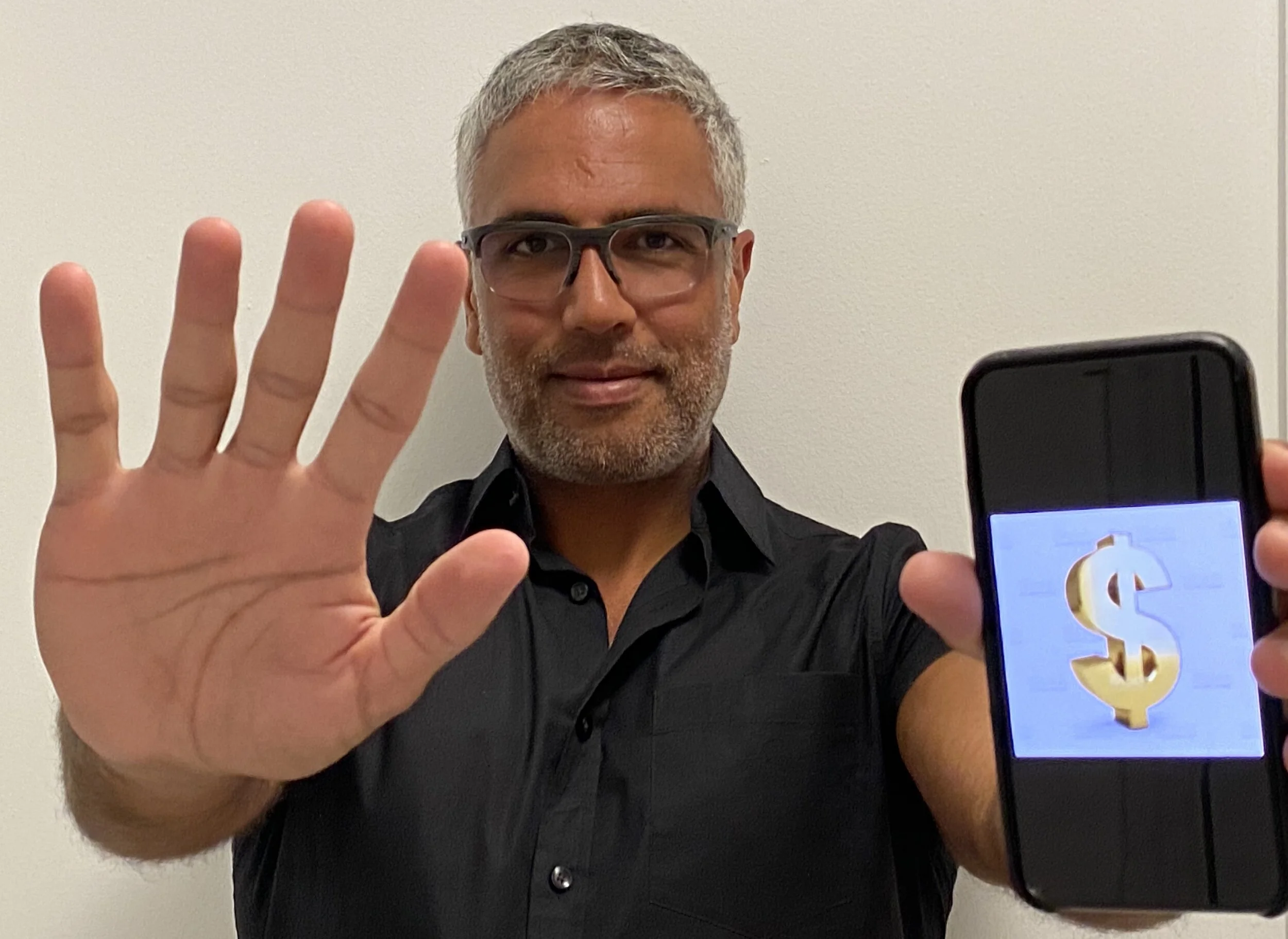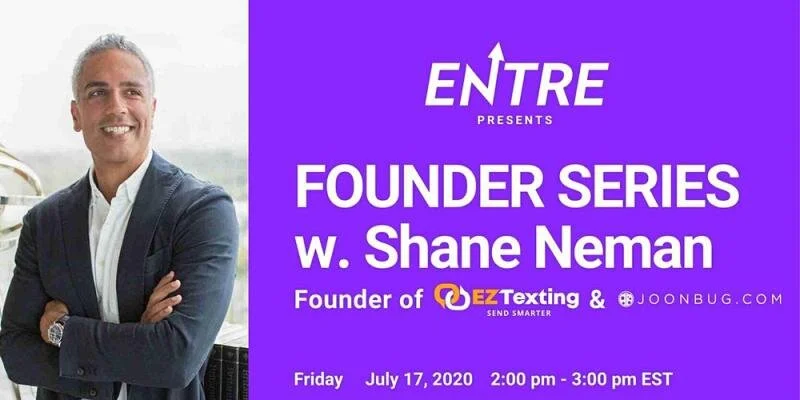I worked hard for 17 years to find 1 success
I did well enough financially in my 20s and 30s to save money, invest, look after my families expenses, start a business, get married and travel the world. At 24 I had all the basics that a middle class South Delhi boy usually has - an education, a roof over his head, plenty of food to survive and unconditional love (thank you mom and dad!).
The U.S. Equity Market is Special
For starters, the U.S. economy is the largest in the world by GDP, and it is powered by a huge breadth of industries. It is highly developed, highly productive, and highly innovative. The U.S. also has multiple attractive conditions that provide domestic companies with competitive advantages. It’s not perfect, but we have a well-connected and reliable infrastructure and transportation system across the country. We have abundant natural resources. And we have (mostly) established legal and regulatory frameworks that make it possible to (mostly) reliably conduct business, and by extension, understand and forecast the value of those businesses.
Kenneth Stanley - Greatness Without Goals
My guest today is Ken Stanley. Ken is a Professor in Computer Science and a pioneer in the field of neuroevolution. He is also the co-author of a book called, Why Greatness Cannot Be Planned, which details a provocative idea that setting big, audacious goals can reduce the odds of achieving something great. We discuss that revelation in detail and how to apply it in our day-to-day lives. Please enjoy this great discussion with Ken Stanley.
More ...
Should you confront your worries or try to banish them?
If you have a distressing thought, shoving it out of your mind will only work for so long. It will camp out in the unconscious, biding its time until it can emerge again, often through physical sensations, behaviors, emotions or dreams.
This Investor Raised Billions by Making Complicated Ideas Simple
Want to build influence with great ideas and simple writing? Look no further than Howard Marks. Most smart people use big words and plastic jargon to reinforce the barrier between themselves and “the common folk.” Howard, on the other hand, breaks down this barrier, and that’s why his ideas are so influential.
What is a Family Office and Why Does it Matter? by Ron Diamond
There are roughly 15,000 Family Offices around the globe which currently control approximately $10 trillion in assets. In comparison, there is only $6.5 trillion globally in the entire hedge fund world. But even more important than the size Family Offices currently are, we are about to experience the largest transfer of wealth in history.
More …
What makes an investment promising, from the perspective of a venture capitalist? As any VC will tell you, it's not so much the idea being invested in; rather, it’s the team behind the idea, and most specifically, the founder.
A Smart Bet
VC investment is very much like gambling. Even having the best team and idea does not guarantee any level of success. That’s why many VCs spread their bets across a number of different companies; the way the math works out, you only need one outsized win to more than make up for all of your losses (or mediocre wins). But how do you optimize your chances of getting that outsized win? How do you know what to look for in a startup?
Well, there are many immeasurable factors that go into the success of a company, and to be honest, luck is probably one of the most important. Other factors, however, are much more concrete. And over the years, I’ve found that finding businesses with great founders significantly increases my odds of success.
What I Am Reading
Why the ‘paradox mindset’ is the key to success
Although paradoxes often trip us up, embracing contradictory ideas may actually be the secret to creativity and leadership.
Revealed: British accents are the world’s sexiest
Sorry, France: in our latest global survey, accents from the UK swept the world off their feet
Why Do We See Dead People?
Humans have always sensed the ghosts of loved ones. It’s only in the last century that we convinced ourselves this was a problem
More …
What I Am Reading
The Psychology of Money: Timeless lessons on wealth, greed, and happiness
Doing well with money isn’t necessarily about what you know. It’s about how you behave. And behavior is hard to teach, even to really smart people. Money―investing, personal finance, and business decisions―is typically taught as a math-based field, where data and formulas tell us exactly what to do. But in the real world people don’t make financial decisions on a spreadsheet. They make them at the dinner table, or in a meeting room, where personal history, your own unique view of the world, ego, pride, marketing, and odd incentives are scrambled together. In The Psychology of Money, award-winning author Morgan Housel shares 19 short stories exploring the strange ways people think about money and teaches you how to make better sense of one of life’s most important topics.
The Science of Wisdom
As it turns out, wisdom doesn’t vary only between people who read about hypothetical scenarios in a laboratory. Even the same person typically shows substantial variability over time. Several years back, researchers asked a group of Berliners to report their most challenging personal issue. Participants also reported how they reasoned about each challenge, including meta-cognitive strategies similar to those described above. When inspecting the results, scholars observed a peculiar pattern: for most characteristics, there was more variability within the same person over time than there was between people. In short, wisdom was highly variable from one situation to the next. The variability also followed systematic rules. It heightened when participants focused on close others and work colleagues, compared with cases when participants focused solely on themselves.
These studies reveal a certain irony: in those situations where we might care the most about behaving wisely, we’re least likely to do so. Is there a way to use evidence-based insights to counter this tendency?
More …
Throughout my professional career, I’ve worked hard to stay aware of technology trends & changes. My first gig in college was working for a blog publishing website – well before anyone even knew what a blog was! Since that day, I’ve been involved in many entrepreneurial tech ventures that both increased my awareness & improved my ability to evaluate opportunities. 5G Networks are a major real estate opportunity that landlords are currently overlooking and need to capitalize on.
More …
What I Am Reading:
GPT-3 Generates Hype in Closed Beta
Open AI’s language model can do things like write computer code from a simple description given to it by a human or generate a thought leadership essay on a particular topic (no matter how esoteric). This is the most exciting and incredible technology I have seen in decades. Some of the things I have seen people do with it are truly incredible!
What will happen to cryptocurrency in the 2020s - The Coinbase Blog
This article was written in January and we are now 8 months into 2020. It’s interesting to see how much of Brian Armstrog’s predictions actually came true as Bitcoin breaks the $10K barrier.
The Ability to Regulate Your Emotions is Quickly Becoming The Premier Skill of The 21st Century
When I am asked about what traits I am looking for in a founder the most important one for me is emotional fortitude. Excerpt: “When something happens, our brain’s automatic response is to be reactive. When our amygdala, the small part of our brain that regulates fight or flight is set off, we have to avoid taking the bait of our raw emotional reactions that make us want to overreact,” Kris says.








